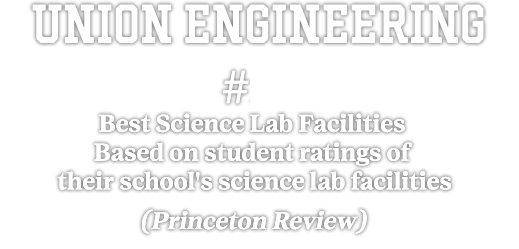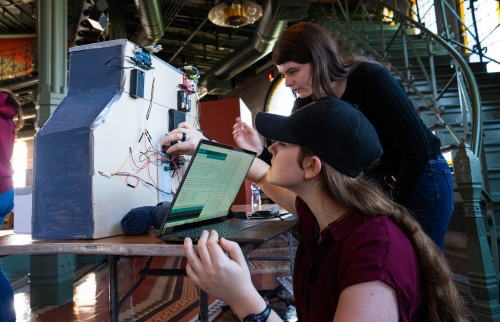


Our strategic plan is inspired by a bold, enduring vision: Developing every student to lead with wisdom, empathy and courage, in ways large and small, now and across multiple tomorrows.
In the context of the digital revolution and in a time of rapid technological change, to thrive across multiple tomorrows, students will need both technical competence and the breadth of intellectual perspectives and skills to (1) ask and answer critical questions about the moral, ethical, social, cultural and political implications of technological advance and (2) to produce, synthesize and employ knowledge.
To achieve these aims, Union College is taking Engineering & Computer Science to the next level by:
For engineering and computer science majors, the Initiative supplies new learning opportunities within the context of a broad and vibrant liberal arts training. For students selecting other majors, the Initiative contributes to an expanding menu of opportunities at Union to develop competencies related to data and technology. The Initiative seeks to bring both types of students together, inside and outside the classroom, to bring to bear the diverse disciplinary perspectives needed to address today’s local, national, and global challenges.
The Templeton Institute (TI) of Engineering and Computer Science works to promote the integration of engineering and computer science and the liberal arts by bringing together teachers, scholars, learners, and practitioners as collaborators inside and outside the classroom on projects focused on engineering and computer science themes and real-world challenges.
Our current two-year theme for the TI is Artificial Intelligence. Most recently, we hosted a faculty panel to explore the various ways in which Union instructors are experimenting with Generative Artificial Intelligences such as ChatGPT in their classrooms across campus. Additionally, we value investigations of the intersections among the liberal arts and engineering and computer science. Part of our upcoming TI programming includes, for instance, a film screening of Christopher Nolan's Oppenheimer (2023), which we will contextualize through a multidisciplinary faculty panel interrogating the film with faculty representatives from all four of Union's divisions.
Past TI-sponsored projects have included interdisciplinary collaborative work between students and faculty in biology and music studying birdsongs.
A critical feature of our Engineering and Computer Science programs is its strong foundation in a liberal arts education. In addition to the Templeton Institute (TI) programming mentioned above, integration is also achieved through a variety of innovative programming, including:
Cyborgs (Fall 2023) Cybernetic organisms, or “cyborgs,” represent the ultimate integration of biology and technology since these are organisms living with abiotic parts. This exciting new interdisciplinary course provides an introduction to the biological and computer science concepts fundamental to the development of cyborg technology as well as critical evaluation of the consequences of introducing such technology in society.
Each year, Union students from engineering and other majors participate in two competitions organized by the Society of Automotive Engineers (SAE)
SAE Aero: Students design and build from scratch a load carrying airplane. They enjoy the valuable experience of working on a real-world engineering team, led by a faculty adviser. Each team member has a specific task – engine, structure, landing gear, controls, testing, and so on. A team leader integrates all the parts, and together they troubleshoot and test the final design. Students then compete with other teams in an international competition.
SAE Baja: Each year, Union mechanical engineering and other students have a go in the Mini-Baja Competition, a rough-and-tumble road race. Teams from the U.S. and Canada design, build, promote, test and race a small, single-seat off-road vehicle and compete against each other in a variety of categories on land and in water, pushing their creations to the limit.
Student Investment Funds (SIFs) present an experiential learning opportunity for students from several disciplines. The setup of Union College’s SIF enables integration of engineering and the liberal arts. Students are exposed to tradeoffs such as those between maximizing returns and sustainable investing. The project is led by the Economics department. While economics students can evaluate company financial statements, and assess the overall portfolio performance and risk, much more is needed for proper evaluation of the fund’s investments. Science and engineering students are needed to evaluate company technologies, how those technologies contribute to the company’s performance and competitive advantage. Political science students are needed to assess the geopolitical and regulatory environment in which the companies operate. Computer science students can process and visualize relevant data. Psychology students can contribute by understanding how customers and other investors will behave with regards to the company’s products or share price. Humanities students are needed to provide insights on company ethics and on the fund’s communication with the outside world.

Ashok Ramasubramanian, Dean of Engineering and Co-Director of the Templeton Institute